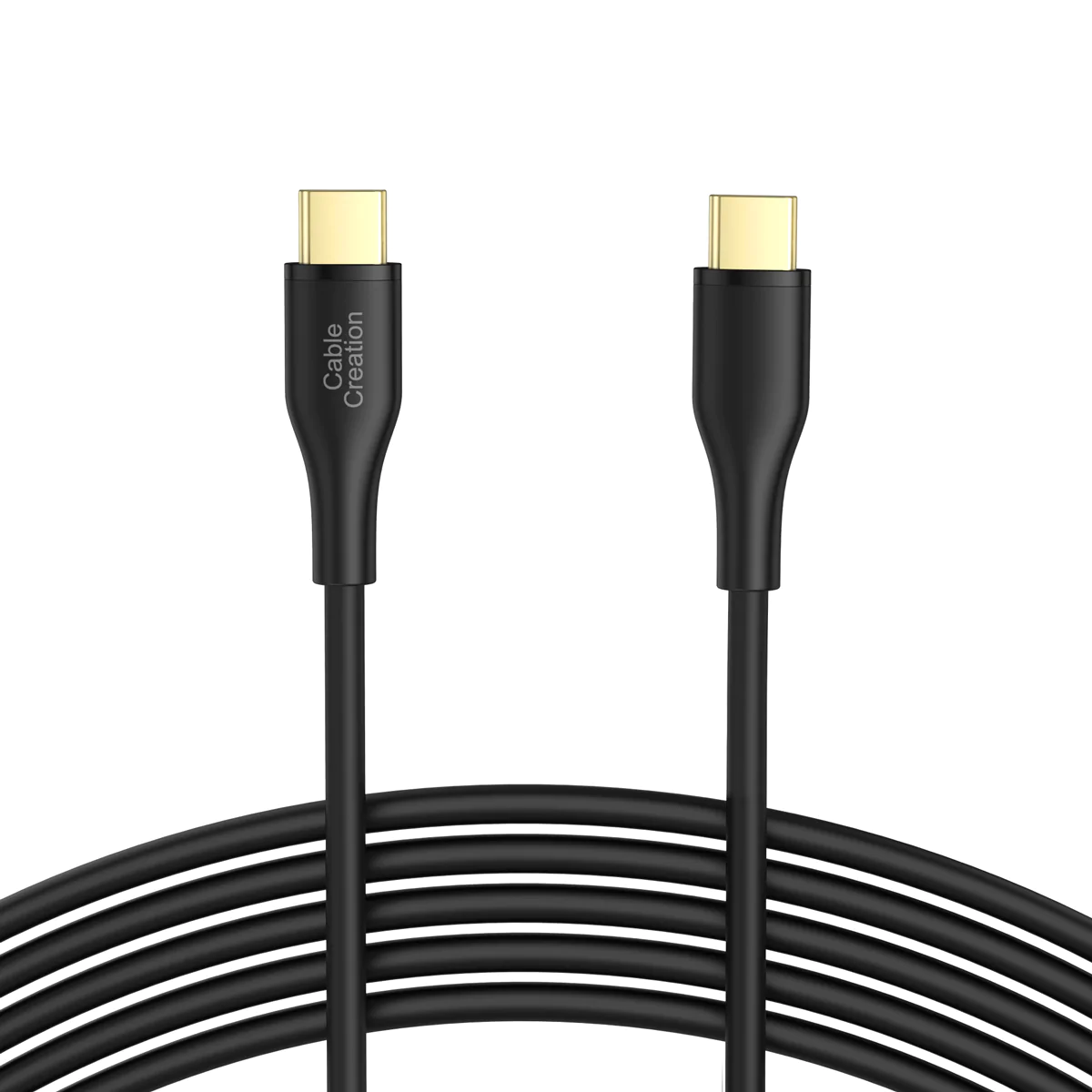CableCreation: A Brief Introduction to Charging Cable

Charging cables have been a mainstay in the technology industry for many years. With that said, it’s not surprising that they’re still a major part of how we communicate with each other. Charging cables are used to provide power to devices such as cell phones, portable audio players, and laptops.
Charging Cable Industry
There are a number of different types of charging cables available on the market, each with its own advantages and disadvantages. Here we’ll take a look at the most popular types of charging cables and their key features.
1.Type-C Charging Cables
Type-C is by far the most popular charging cable format on the market today. It’s used on many smartphones, tablets, laptops, and other devices that support quick charge technology. Type-C chargers can deliver up to 9V/2A power, which is more than enough to power most wireless chargers.
2.Micro USB Charging Cables
Micro USB charging cables are still widely used today, thanks in part to their low cost and universality. They’re compatible with both Android and Apple devices, meaning they’re available in almost any store. Micro USB chargers can only provide 5V/1A power, however, so they may not be suitable for high-power wireless chargers or fast-charging batteries.
Mission From CableCreation
Quality shouldn’t be constrained, in our opinion. Keeping your gear up to date is crucial now more than ever because information is more readily available than ever before and data volume requirements are increasing. As the internet has grown, so have the number of great creators, musicians, and artists who want to provide high-quality content for the world, but are constrained by the subpar or prohibitively expensive hardware that is readily available online. By focusing our research and development on the continued development of high-quality and affordable products, CableCreation has made it our mission to remove this barrier and ensure that everyone has access to crucial breakthroughs.




